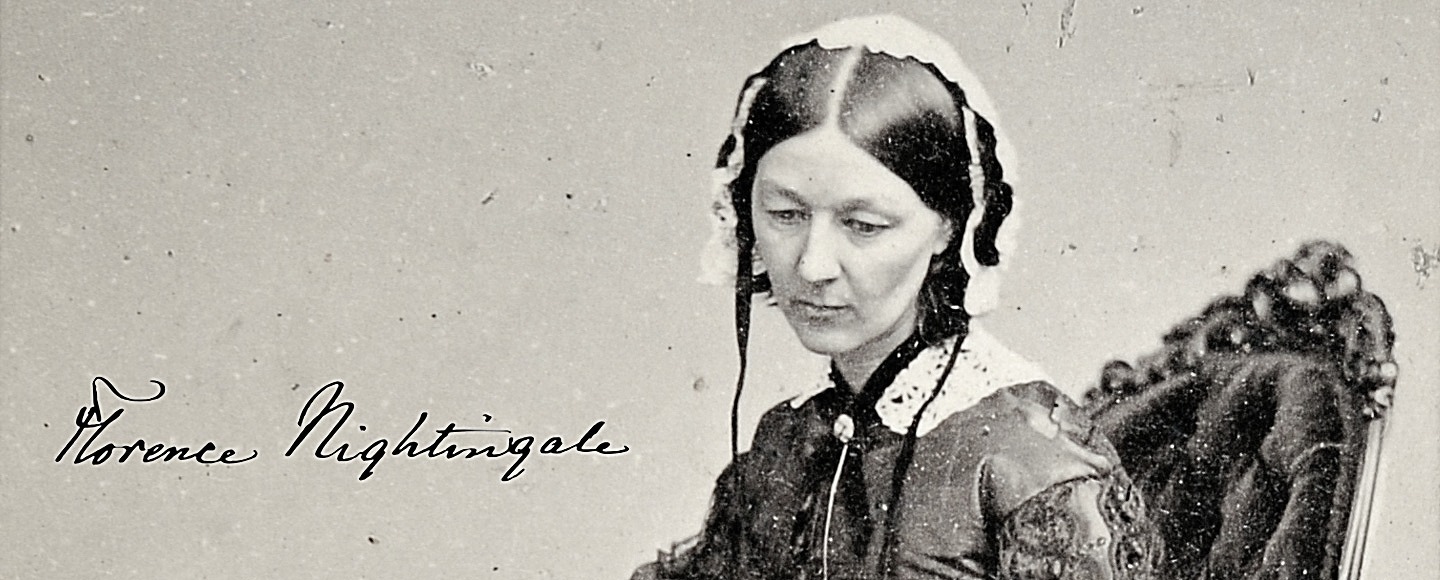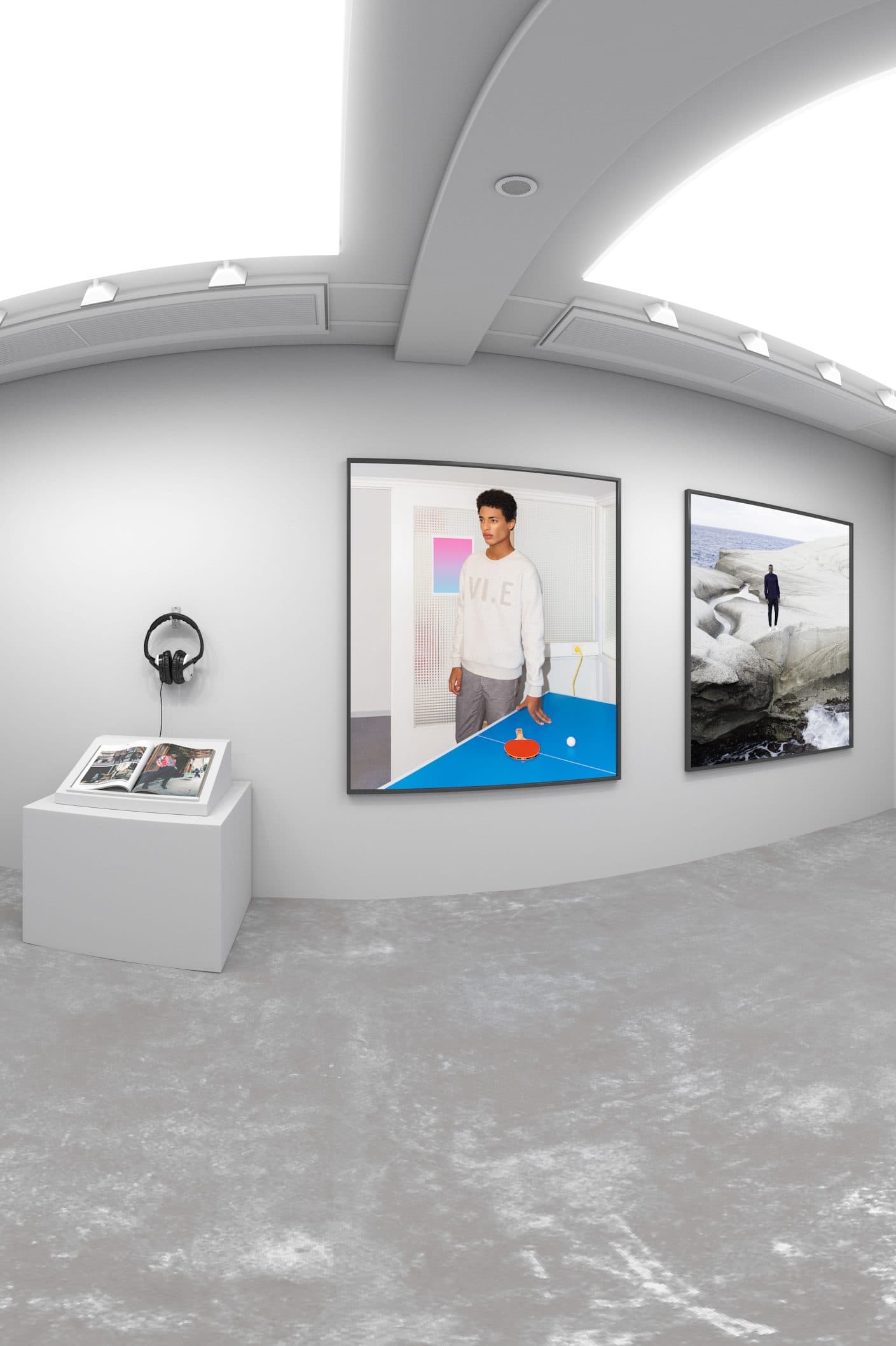

- #Nightingale open science 40tb financialtimes full#
- #Nightingale open science 40tb financialtimes free#

#Nightingale open science 40tb financialtimes full#
Compare Standard and Premium Digital here.Īny changes made can be done at any time and will become effective at the end of the trial period, allowing you to retain full access for 4 weeks, even if you downgrade or cancel. Nightingale Open Science, a free-to-use 40TB medical imagery data set, could help train AI to predict medical conditions earlier, triage better, and save lives (Madhumita Murgia/Financial Times) uzair Janucomments off. You may also opt to downgrade to Standard Digital, a robust journalistic offering that fulfils many user’s needs. If you’d like to retain your premium access and save 20%, you can opt to pay annually at the end of the trial. If you do nothing, you will be auto-enrolled in our premium digital monthly subscription plan and retain complete access for $69 per month.įor cost savings, you can change your plan at any time online in the “Settings & Account” section. Nightingale Open Science, A Free-to-use 40tb Medical Imagery Data Set, Could Help Train Ai To Predict Medical Conditions Earlier, Triage Better, And Save Lives Madhumita Murgia Monetary Times. For a full comparison of Standard and Premium Digital, click here.Ĭhange the plan you will roll onto at any time during your trial by visiting the “Settings & Account” section. Premium Digital includes access to our premier business column, Lex, as well as 15 curated newsletters covering key business themes with original, in-depth reporting. Standard Digital includes access to a wealth of global news, analysis and expert opinion.

Data is a crucial resource for most medical and health research.During your trial you will have complete digital access to FT.com with everything in both of our Standard Digital and Premium Digital packages. Recently, Nightingale Open Science, an open-source platform containing advanced, de-identified medical datasets, has made 40 terabytes of medical data widely available for researchers for free. It could help train AI to predict medical conditions earlier and save lives, benefitting the patients and enhancing the utility of AI for clinicians. The data include 40TB of medical imagery, such as electrocardiogram waveforms, X-rays, and pathology specimens, from patients with different conditions, including sudden cardiac arrest, high-risk breast cancer, Covid-19, maternal mortality, etc. The images are also labeled with the medical outcomes, such as the severity of Covid-19 disease and whether the Covid patient needed a ventilator. The datasets have been built over two years in the U.S. and Taiwan and will soon be expanded to Kenya and Lebanon to include medical diversity. How are these datasets different and more valuable?Īs per Ziad Obermeyer, the physician and Machine Learning scientist who launched Nightingale Open Science, what sets these datasets apart from the rest is the fact they are not labeled with the doctor’s opinion but with what actually happened to the patient.įor example, cardiac arrest ECG datasets will not be labeled with whether cardiologists detected something wrong with the patient but whether the patient eventually suffered a cardiac arrest. This gives researchers the ability to learn from the ground truth, which is the actual patient outcomes. The project has already started garnering attention from tech giants like Google and hundreds of researchers from institutions like MIT, Berkeley, Cornell, Stanford, and the University of Chicago. Problems with the current landscape of the medical data The current medical data is often siloed. Some part of carefully examined, high-quality data is primarily owned by medical institutions that reserve access to this data to their own researchers. The other part is owned by big tech companies that can spend large amounts to access the data. But what about other people and enterprises that cannot pay large sums to access medical data? They end up wasting several days and even months negotiating for access to data. How does Nightingale’s Open Science make things easier for researchers? They have to deal with several challenges in the middle, including – getting themselves into the hospital system to access the data and wasting several months in the process. Nightingale Open Science is an endeavor to help researchers, startups, and anyone who has to work extremely hard to access high-quality medical data.
#Nightingale open science 40tb financialtimes free#
It shares de-identified clinical datasets with the researchers, absolutely free of cost. How does Nightingale fill gaps in existing medical datasets? It also accelerates Artificial Intelligence in the field of health sciences by collecting, vetting, and cleaning the data, making it exceptionally high-quality. It does so via linkages, which is done before the de-identification of data. Nightingale’s partner health institutions give it access to raw patient data.


 0 kommentar(er)
0 kommentar(er)
